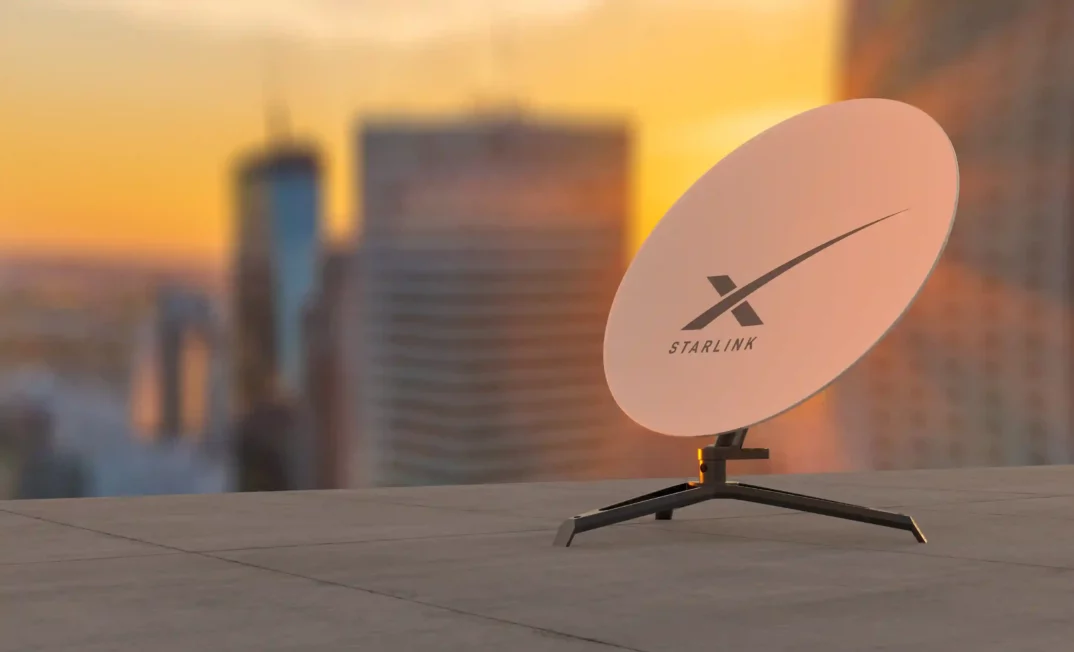By John Walubengo
Starlink, the new kid on the block in terms of Internet Service provision has been quietly operating in the country without drama for most of the past year.
However, over the last four weeks, it decided to bring down its cost of Satellite Internet service provisions to what one may call ‘bei ya mwananchi’ (affordable friendly prices)
The previous pricing was way above what the majority of internet users are used to – requiring subscribers to buy the equipment (dish and router) at almost 700USD, and then fork out a monthly payment tariff of about 300 USD per month for a good quality link.
This was out of the reach of for majority of Kenyans, whose average salaries could not afford them this type of luxury.
Safaricom, the largest internet service provider in Kenya knew these local dynamics and simply sat pretty as Starlink tried hard to break into the mass internet market that it dominates.
Price Drop
Until Starlink got the memo.
They realized they would not gain any traction with high prices and recently decided to go low. They tweaked their pricing, made it low enough and comparable to what the market was offering by simply converting the capital cost of their equipment into an operational cost and dropping their monthly tariff to between 15$ to 50$ depending on the speeds.
This move shook and woke up Safaricom from one of its longest slumbers since they invented M-PESA 15 years ago. For the first time in many years, they realized they faced a formidable competitor, with sufficient global technology, influence, money and execution similar to theirs.
Starlink is owned by the sometimes erratic South African, turned American billionaire Elon Musk.
Competition of this type is not anything like what Airtel, Jamii, Wananchi or Telkom Kenya has been offering Safaricom over the decades.
Shocked into action, Safaricom is said to have fired a warning shot to the regulator in the form of a stern letter advising them on the dangers of allowing new technologies owned by big tech foreigners with little investments on the ground.
Regulatory imbalance
Specifically, such big tech players may not have paid the exorbitant license fees for spectrum, and are not exposed to the same regulatory burdens in terms of quality of service, compliance with data protection laws, and oversight by national security agencies amongst other requirements that local operators are subjected to.
The regulator was advised that if indeed they still wanted Starlink operations to proceed in the country, that should only be done through existing operators – as opposed to directly engaging with Kenyan subscribers by hawking their equipment through supermarkets.
The alleged memo and advice caused an uproar on social media from Kenyans who were already consuming Starlink services. One prominent Kenyan, Muranga County Governor summed it up in his tweet – Ignore Safaricom.
It remains to be seen if Safaricom would be ignored, considering its vast investments, employment opportunities, and high taxes it pays among other contributions it makes to the Kenyan economy.
However, on the other hand, history shows that an idea whose time has come, cannot be stopped. Excited customers now have all their eyes on the regulator, to see how they navigate the interests of one of the largest companies in East and Central Africa, versus those of an American billionaire with ambitions to conquer not just this world, but indeed other planets.
John Walubengo is an ICT Lecturer and Consultant. @jwalu.
![]()





This is an exciting development for Kenya’s internet landscape! Starlink’s aggressive pricing could really boost connectivity in rural areas and enhance overall competition. I can’t wait to see how traditional ISPs respond to this disruption and what it means for internet access in the country.
This is a fascinating development for the Kenyan internet market! Starlink’s aggressive pricing could really shake things up and potentially improve access for many who have been underserved. I’m curious to see how local ISPs will respond to this competition and what it means for internet quality and prices in the long run.